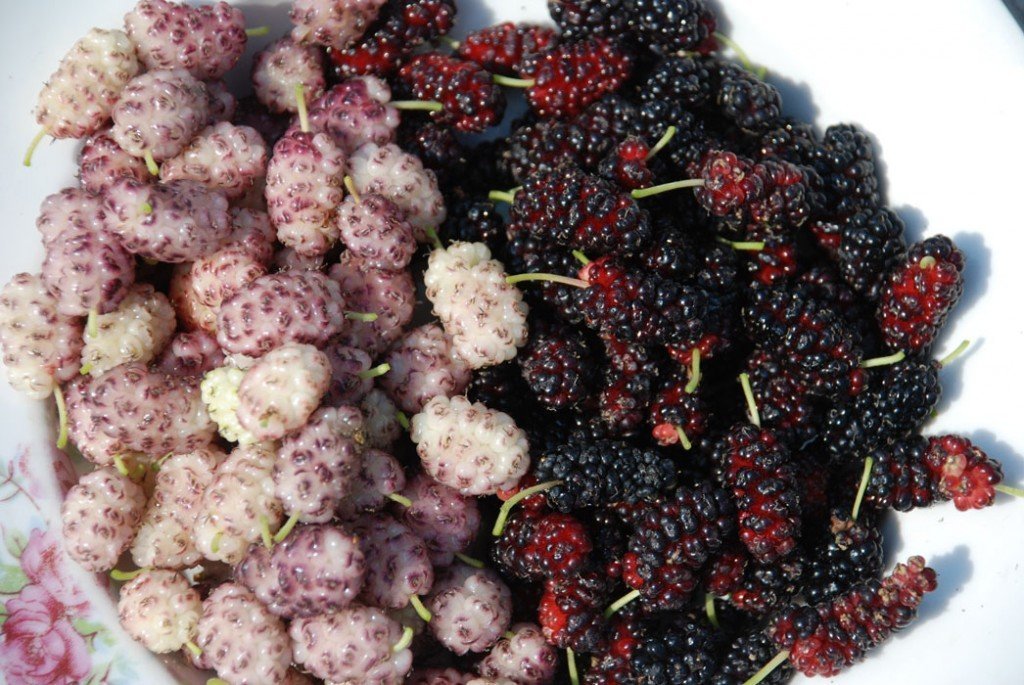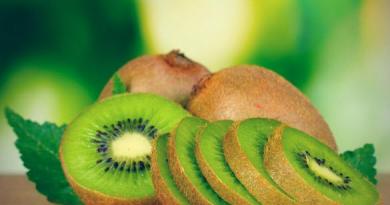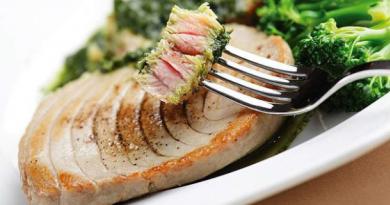The mulberry tree has been known in the world for a very long time. Its leaves serve as food for the silkworm, which produces threads from which natural silk is made.
There are both wild plantings of this plant, and cultural ones, which require appropriate care.
The fruit of the mulberry or mulberry tree is a well-known tasty, sweet berry. Few people know that, in addition to a pleasant taste, it has a lot of useful properties that are used in traditional medicine to treat various diseases of the upper respiratory tract, heart and immune system. In addition to fruits, mulberry leaves also have useful properties.
Mulberry useful properties and contraindications
A significant advantage of the berry is frost resistance. It lends itself well to drying and cooking. The tree itself is no less useful, since the bark and leaves of the tree are actively used in many areas of medicine and cosmetology. The mulberry berry, the beneficial properties of which are widely known, also has minor contraindications.

Beneficial features
Mulberry or mulberry, as it is correct to call it, is a real natural pantry of vitamins and minerals.
For example, vitamin C in mulberries contains such an amount that when using only 200 grams of mulberry per day, the body receives its daily intake.
The fruit of the mulberry tree is very rich in iron and magnesium. It should be noted that black fruits contain twice as much iron as white ones. Specialists in the field of herbal medicine have developed a special course based on black berries for anemia.
A significant amount of potassium is very beneficial for normal heart function and muscle health.
An interesting fact: ripe berries are used fresh as a mild laxative, while immature seedlings and an infusion of them successfully fight diarrhea.
Some interesting facts about the benefits of mulberry:
- The carotene contained in mulberry improves eyesight.
- The complex of vitamins B, which is part of the mulberry berry, with regular use, helps to normalize sleep and overcome stress.
Dried mulberry tea has a strong diaphoretic effect. This useful property is used in the treatment of colds. - Mulberry berries are successfully used for the treatment of cardiovascular diseases. Moreover, a noticeable positive effect is achieved by eating freshly picked ripe seedlings. A case is described when patients with heart disease for three to four weeks ate up to 800 grams of berries during the day in several doses, which achieved a significant therapeutic effect. Decreased chest pain and shortness of breath, normalized heart function.
- With swelling caused by a disorder in the functioning of the kidneys, the berry has a moderate diuretic effect.
- Helps mulberry and hypertensive patients.
- Dried berries are also used for medicinal purposes. A decoction of them in the form of rinses treats sore throat and stomatitis.
Medicinal properties are possessed not only by berries, but also by other parts of the mulberry tree.:
- 1. Leaves. They contain useful substances such as thiamine, riboflavin, nicotinic acid and others. They are also used in traditional medicine. Thus, the biostimulant fomidol was created from mulberry leaves, which is used to treat eczema, rheumatism, etc.
- 2. Bark. The powder made from it is insisted on vegetable oil and the wounds are treated with the resulting healing ointment. Also, a decoction of it is used to treat hypertension.
- 3. Roots. Mulberry root infusion is used to treat cardiovascular diseases and hypertension.
With such a benefit of the plant, its cultivation - planting and care, is a matter that brings many benefits.
Contraindications
Mulberry berries should be used with caution in people with low blood pressure.
Excessive consumption can be fraught with intestinal upset, so a tendency to diarrhea is also a contraindication.
People with diabetes should also not eat large amounts of fruits, as they contain sugar.
The use of mulberry in folk medicine and cooking
Mulberry fruits, like its leaf, are actively used both for medicinal purposes and for the preparation of sweets: compotes, jams, jams, syrups, etc.
Jam
Mulberry jam is not only a delicacy, but also a healthy product that has a curative effect on colds, hypertension, and heart disease.
When preparing it, it is necessary to take into account some features:
- the berry is very juicy, so the jam can turn out to be liquid. Therefore, part of the juice can be drained and made from it a medicinal syrup;
- due to the very sweet taste of mulberries, sugar can be added less than usual - at the rate of 700-800 grams per 1 kg of raw materials.




